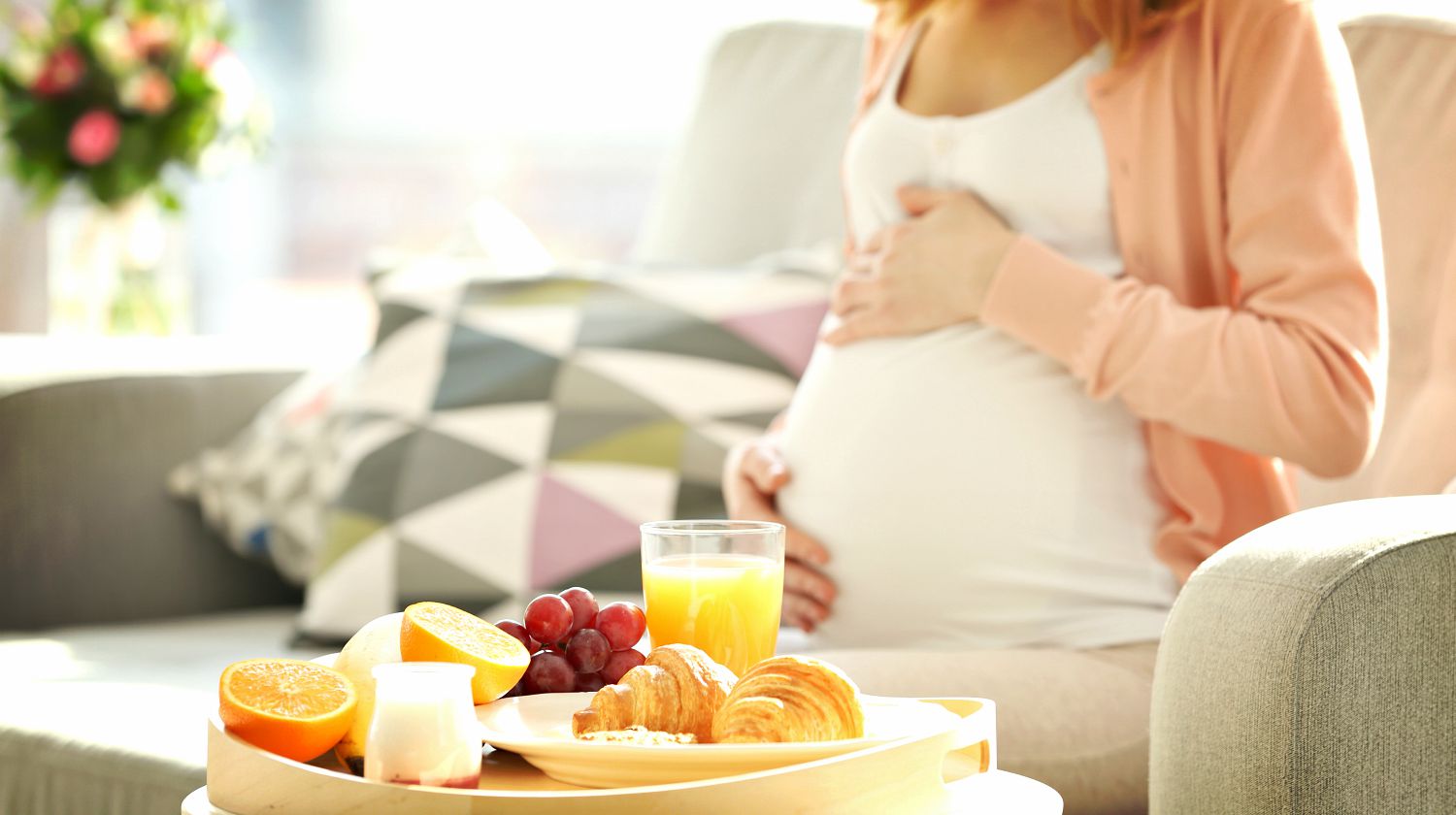A healthy vegan pregnancy is not only possible – it’s probable. If you’re already a healthy vegan, you need to do very little extra to ensure a healthy pregnancy. If your diet could stand some improvement, now is your chance to change habits for the better by paying attention to the key nutrients listed below.
Vegan Prenatal Vitamins
Your caregiver is likely to recommend a prenatal vitamin. Fortunately, vegan prenatals are easy to find. Some manufacturers of plant-based prenatal vitamins are Thorne, Deva, and Freeda. If you experience morning sickness, the Basic Prenatal from Thorne may work well for you because it is taken in three smaller doses daily, which can be easier on the digestive system.
Folate
Adequate folate intake promotes proper neural tube development in babies. It is especially important to consume enough folate early in pregnancy. Vegan diets are typically high in folate. Good sources include enriched breads, pastas and cereals; orange juice, dried beans, and green leafy vegetables.
Protein
Protein is one of those red-flag issues on which friends, relatives and caregivers might fixate. Rest assured that a typical vegan eats plenty of protein already. Recommendations for protein intake during the second and third trimesters are about 70 grams per day. A study of typical vegan women (non-pregnant) showed an intake of 65 grams per day, so it shouldn’t be too hard to make up the difference. Looking for good sources of protein? Try tofu, soy yogurts, plant-based milks, beans, nuts and nut butters.
Iron
This is another one of those words that cause anxiety in well-meaning others. The fact is that non-vegans are just as likely to show iron deficiency during pregnancy as are vegans. It is a very common and easily treatable condition. Boost your iron levels with green leafy veggies, whole grains, tofu, and beans.
Vitamin B12
Vitamin B12 aids in maintaining nervous system health and in the formation of red blood cells. Ensure adequate intake by consuming fortified soymilk and cereals.
DHA
In recent years, much has been made of DHA, an omega-3 fatty acid, due to its effect on baby brain and retinal development. You can either take a supplement made from algae (just search for “vegan DHA”) or make sure your diet is rich in foods that promote the production of DHA. Your body can produce DHA when supplied with foods rich in the linolenic acid found in soybeans, canola oil, flaxseed, flaxseed oil, and walnuts. Although there is some debate about the safety of flaxseed oil during pregnancy, recent studies have shown that it is safe in moderation.
Daily Servings
The Physicians Committee for Responsible Medicine recommends the following daily servings for a balanced diet during pregnancy:
– Whole grains, breads and cereals – six or more servings
– Dark green, leafy vegetables (kale, collards, mustard greens, turnip greens, spinach, broccoli) – one or two servings
– Other vegetables and fruits – four or five servings
– Beans and soy products – three or four servings
– Nuts, seeds, and wheat germ – one or two servings
Add to this a reliable source of B12 (vitamin or fortified foods) and adequate DHA (vegan supplement, 1 teaspoon flaxseed oil, or 1 tablespoon ground flaxseed), and you have the formula for a perfect vegan pregnancy. As a vegan, you are beautifully supporting your developing baby with foods that are kind, environmentally-friendly, and much lower in pesticides than animal-based foods. Relax, enjoy your pregnancy, and know that vegan moms and babies thrive.

